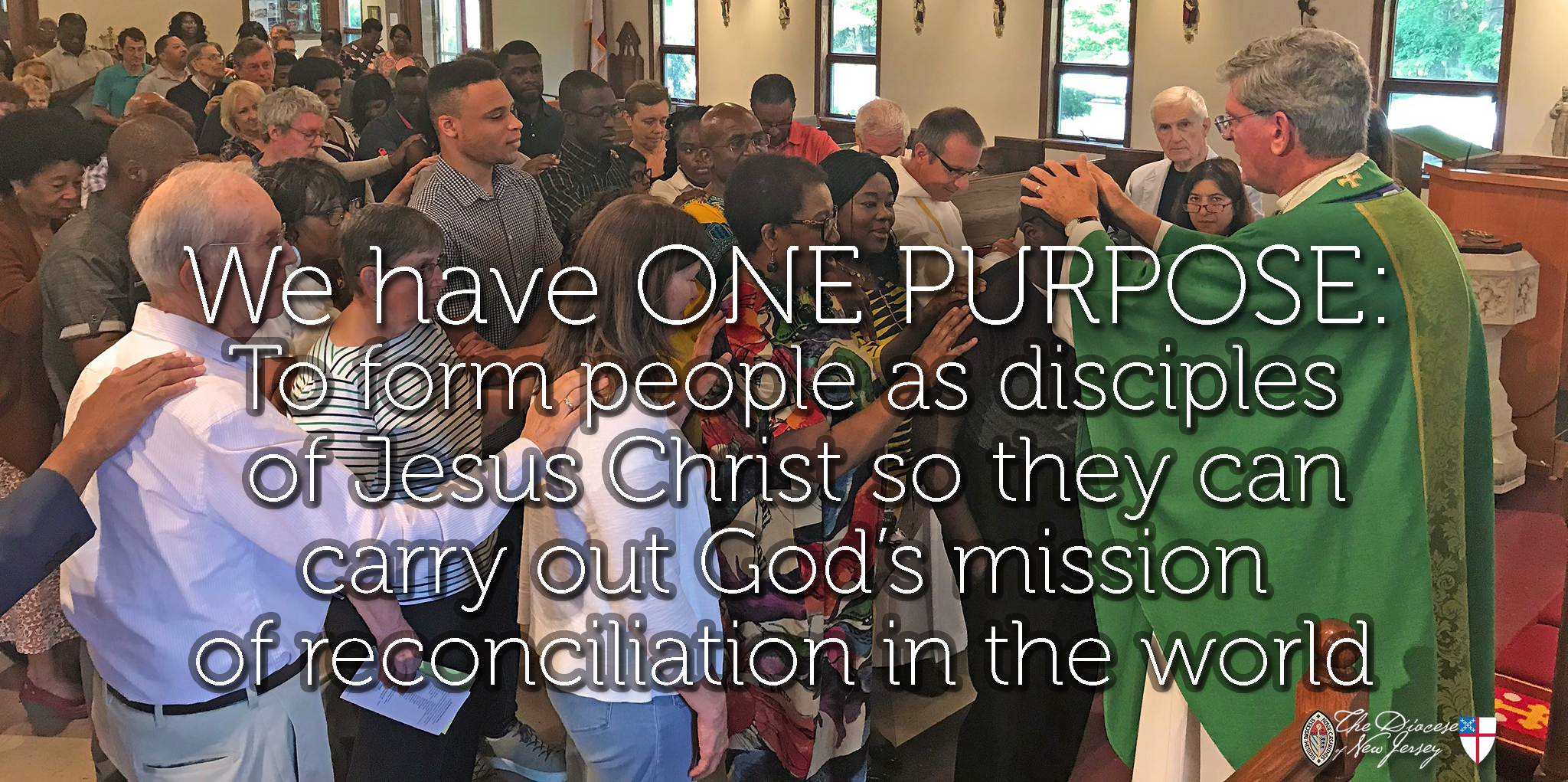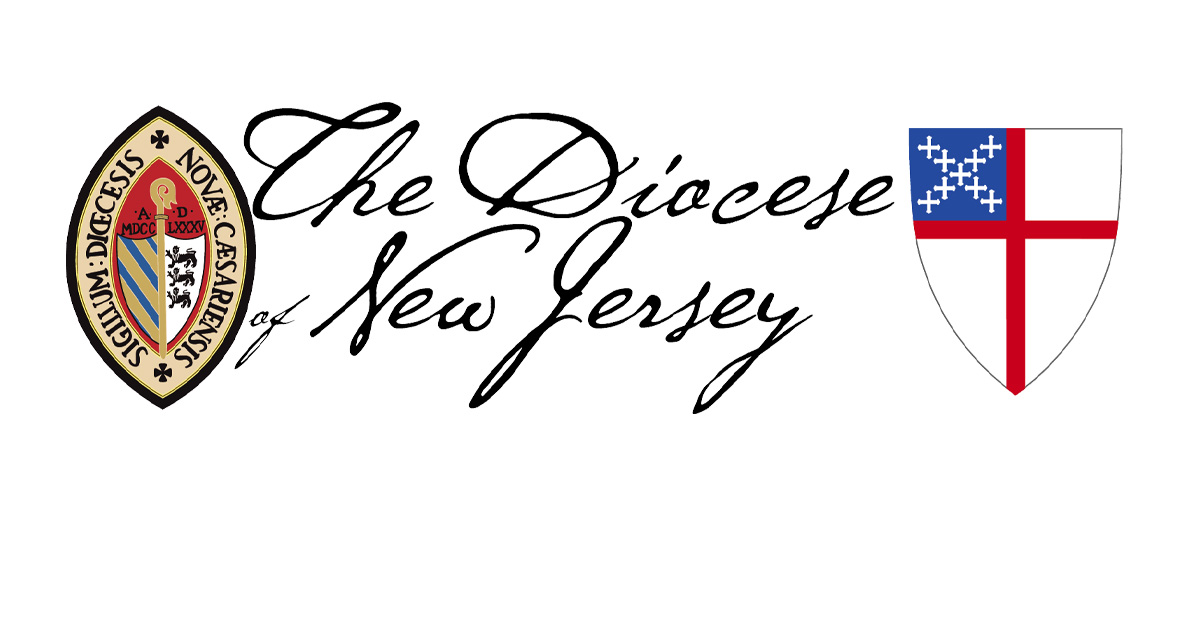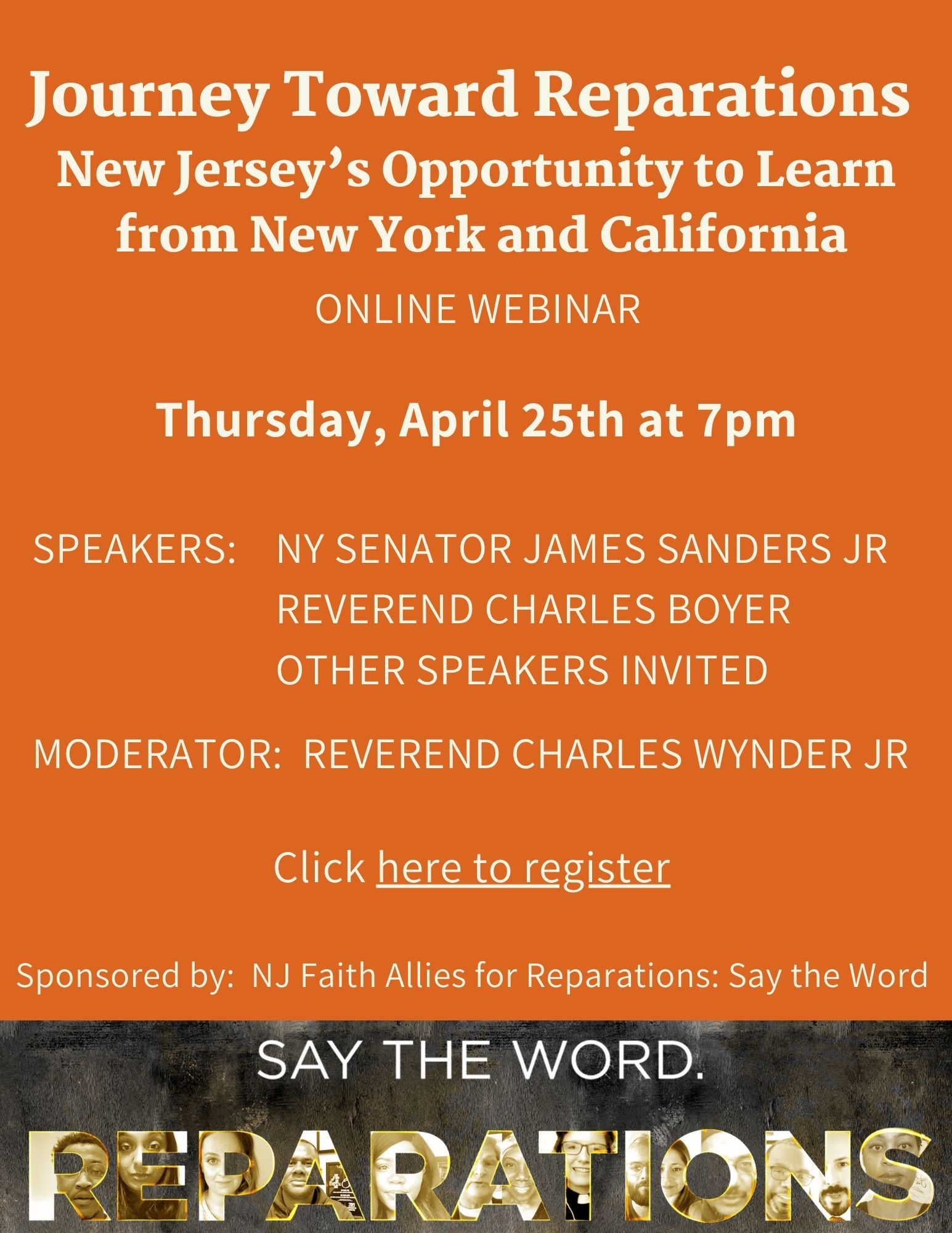Bishop Stokes is on vacation this week. “Bishop’s Corner” welcomes guest contributor The Rev. Cn. Dr. Rob Droste, Canon for Congregational Development and Mission.
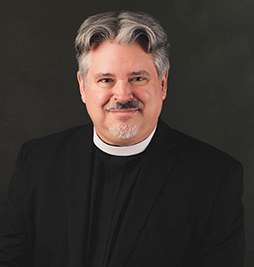 Healthy Congregations
Healthy Congregations
Get Everything Going In One Direction
The Rev. Cn. Dr. Rob Droste
Canon for Congregational Development and Mission
When I ask congregations why they exist—in other words, to name their purpose—they usually list activities: “We’re here to feed the hungry…to fight for justice…to worship God…to teach our children about Jesus.” In the last few weeks, I’ve heard, “We’re here to pray for peace…for the people of Ukraine….” I could add many more.
There’s no question that these are as beautiful as they are essential to our lives together. These actions are deeply rooted in scriptures like Luke 4 or Matthew 25; our Baptismal Covenant understands them as a way of life. Many are included in the Anglican Marks of Mission, which have guided many in the Anglican Communion since 1984. It’s understandable to think of our activities as our purpose. We’re used to doing that.
It’s understandable to think of our activities as our purpose. We’re used to doing that.
At the same time, for more than five years, the Diocese has leaned into different language. Drawing from multiple sources, we say, “we are here to form people as disciples of Jesus Christ so they can carry out God’s mission of reconciliation in the world.” I often simplify it even more: “we exist to develop lifelong, committed followers of Jesus for the world.”
In working with church groups, I’ve observed that thinking about our purpose this way can take a lot of getting used to. It’s absolutely worth the effort.
Transformation of individual people was central to Jesus’ life and teaching.
If we look to Jesus, it’s clear that he was intensely focused on growing people—whether he was calling the first apostles to fish for people or sending them out into the world to make disciples of all nations. Transformation of individual people was central to Jesus’ life and teaching. This makes sense, as it is, through the transformation of people that communities, nations and the world are all changed. In Mere Christianity, CS Lewis spoke of this transformation (in his so-British way) in terms of building a more moral society:
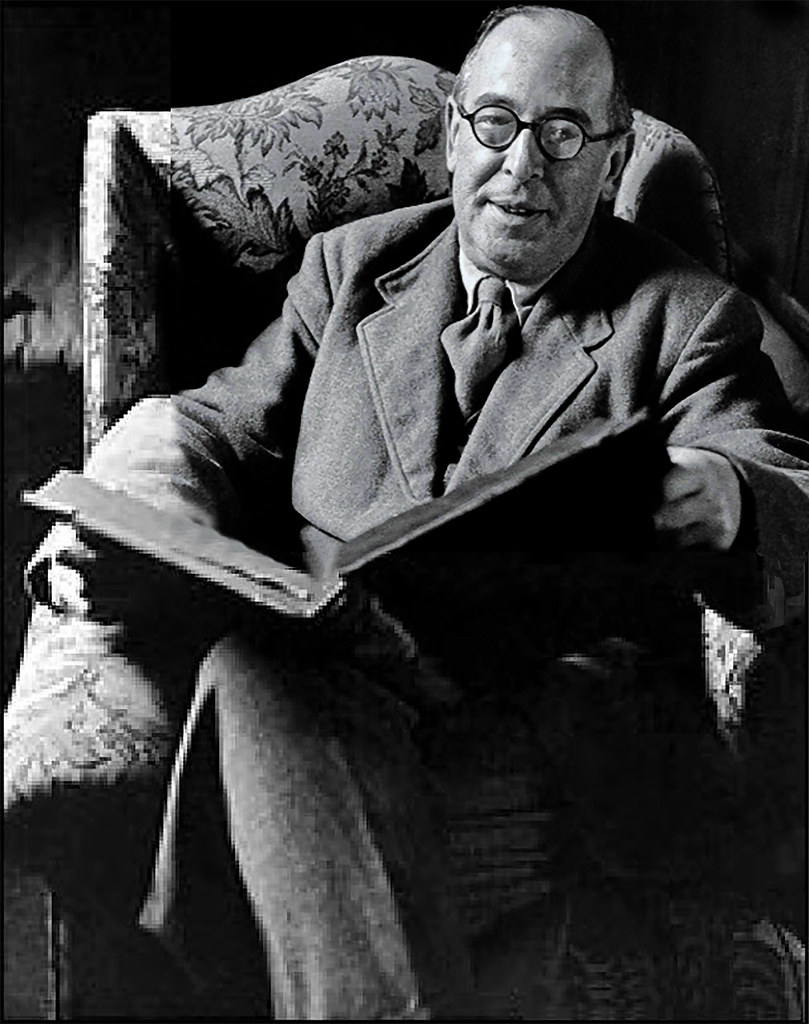
What is the good of telling the ships how to steer so as to avoid collisions if, in fact, they are such crazy old tubs that they cannot be steered at all?
It seems that this “people development” view of our purpose is important for another reason as well. When men, women, and children grow more deeply committed to Christ, it heightens their creativity, courage, energy, and compassion. In other words, when we want strong ministries and congregations, focusing on people development is the way to get there.
When men, women, and children grow more deeply committed to Christ, it heightens their creativity, courage, energy, and compassion.
Understanding purpose and ministries in this way offers at least four benefits to congregations that want to be more vital.
First, it helps us focus when we make resourcing decisions. It gives us a single, powerful standard to evaluate how well any and all ministries are moving our purpose forward.
Second, it helps us to start where we are, not where we want to be. We don’t have to start off creating new ministries. Rather, we start by aligning all our ministries explicitly with the purpose of forming disciples of Jesus. I’ve seen this process release a lot of energy in New Jersey congregations!
Third, it helps reduce internal “competition” for church resources as we commit ourselves to a common understanding of what our congregation is actually for. It can even help us see how the ministries of others may deserve just as much support as our favorites. That’s because the purpose is primary.
It’s much easier to get our ministries working together in harmony if our purpose is paramount.
And last, it can minimize a corrosive tendency to judge one another—something that can easily happen if we confuse ministries with purpose. I have observed, say, parish activists judging a centering prayer group negatively for “navel-gazing.” At the same time, I’ve seen prayer groups judging their parish activists as overly political. It’s much easier to get our ministries working together in harmony if our purpose is paramount; how do each develop lifelong followers of Jesus for the world? This is where both/and thinking can take the place of either/or.
The situation in Ukraine offers a timely example of how this can work. If we focus primarily on ministries, we will develop a set of actions that we might call “a ministry of compassion and action.” We will provide resources and support for that ministry. That’s all good, of course.
At the same time, however, if we are willing to see that our church exists primarily to develop people to do this work, we can form our congregation’s Ukraine ministry so that it carefully develops the faith (and stamina) of those involved. Such a focus transforms them and inspires others (in and out of the church). This is what can happen when ministries are centered squarely in the larger overall purpose of people development. Again, it’s both/and thinking.
It can take some time to grasp these subtle differences, and we’re used to thinking of our ministries as “what we were made to do.” But holding the purpose of “people development” as primary is not only a way to clarify what we’re doing and get them moving in the same direction. It’s a way to live into one of Jesus’ most powerful understandings of his own purpose and method: A changed world comes from changed actions; changed actions come from changed people.
A changed world comes from changed actions; changed actions come from changed people.

